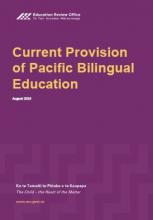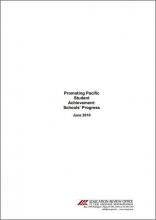Social Workers in Schools
This ERO qualitative case study report undertaken on behalf of Oranga Tamariki captures the voices of children and their whanau who were recipients of the Social Workers in Schools (SWiS) service. SWiS is a government funded, community social work service provided in most English and Māori medium, decile 1-3 primary and intermediate schools.















